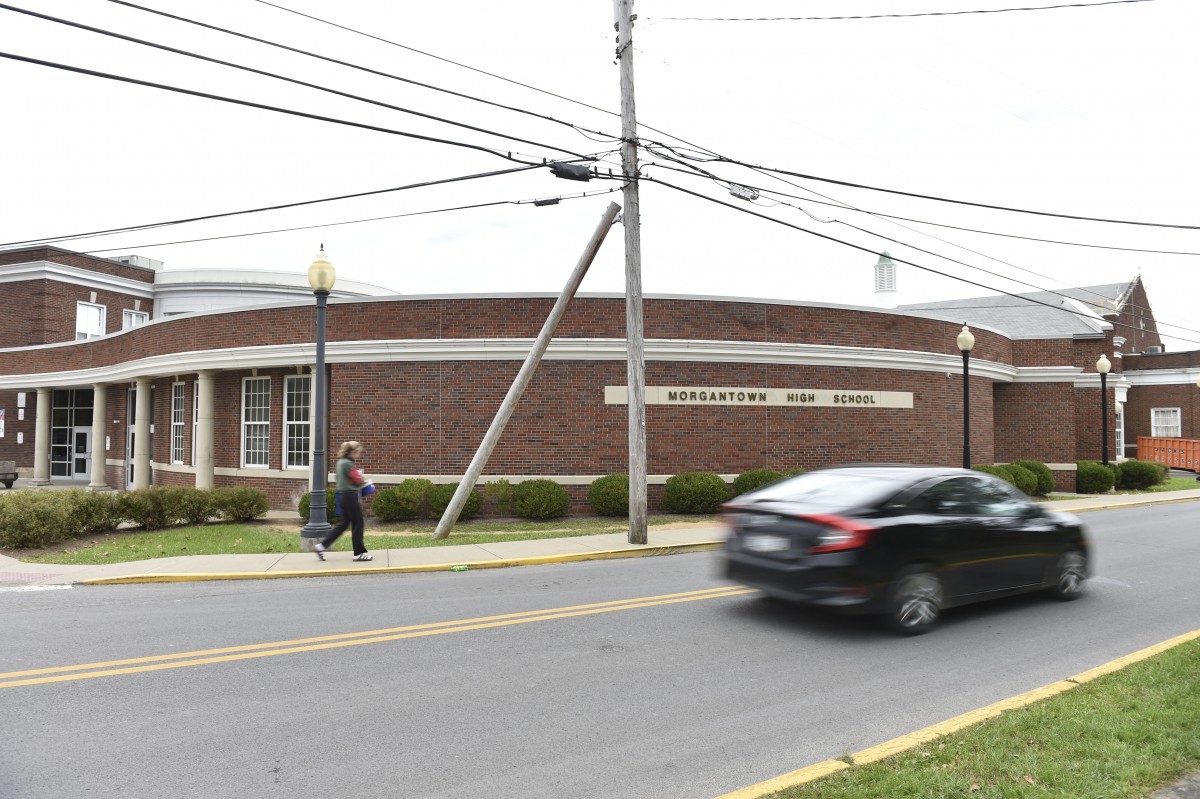Sam Brunett, who teaches art at Morgantown High School, didn’t necessarily think of himself as video savvy or tech savvy, especially before the pandemic hit in 2020.
Locally — and nationwide, also — fair amounts of grousing could be heard from parents and students as school systems made the pivot to remote learning as COVID hospitalizations mounted.
By the time it was done, Brunett had taught himself how to shoot and edit video for art lessons he sent out to his students, while also cataloguing them as his own visual lending library.
“I’m no Bob Ross,” he said, grinning, “but it worked.”
And extra credit came from his students — who loved Mr. Brunett’s video dispatches on everything from the Old Masters to the Marvel Universe.
Such gratitude, in the face of students and teachers alike having to navigate then-unknown territory, is the subject of some quality-of-life numbers released this week by ACT, the nonprofit organization that administers the college readiness exam.
According to the “issue brief” from the organization, 52% of students surveyed in that first year of the pandemic expressed that they had “more appreciation” for their teachers, as they worked to deliver lesson plans in unfamiliar formats.
A total of 61%, echoed Brunett, in that their tech skills improved during that time, and 62% said they are “more independent and self-reliant” during the often-unsupervised, distant-learning time.
Janet Goodwin, the organization’s CEO, definitely made note.
“What is striking is seeing from students first-hand how educators across the country continued to do their best to provide a high-quality education despite unprecedented challenges,” she said.
“These students,” she continued, “saw how we already have the most dedicated teachers in the world.”
While those were the positives, Goodwin said, the pandemic, of course, generated plenty of low marks among the ACT respondents.
A total of 85% agreed that learning foundations weren’t fully developed because they weren’t physically in classrooms with their teachers leading the lesson plan.
And 60% said the pandemic wrecked their motivation to learn, Goodwin said, with most of those responses coming from students whose parents or other caregivers hadn’t attended college.
That’s why she wants school systems to celebrate and nurture teachers now more than ever — especially, she said, in a profession that’s still very much under siege in the aftermath of the pandemic.
“As the country struggles with a teacher shortage, we need to do more to keep the high-quality teachers we have,” she said.
“And we need to convince new generations of talent to join the profession.”
TWEET @DominionPostWV




